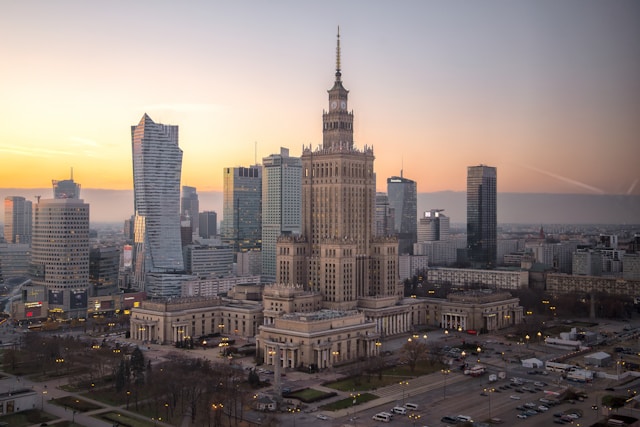Warsaw, September 13, 2025 — Poland has moved tens of thousands of soldiers to its eastern frontier in response to large-scale military exercises by Belarus and Russia. The deployment, which Polish officials say will total about 40,000 troops, coincides with the start of the Zapad-2025 drills taking place near NATO’s eastern border.
Border Closures and Security Measures
The Polish government announced that it would shut several border and rail crossings with Belarus beginning at midnight, citing national security risks linked to the exercises. Officials warned that the drills, which include operations along the frontier with NATO members, represent what they describe as an aggressive military posture by Moscow and Minsk.
Nature of the Zapad Exercises
Belarusian and Russian defense ministries say the drills are designed to test joint readiness. According to official statements, the exercises focus on scenarios such as repelling an attack and restoring territorial integrity. Analysts note that the Zapad series has traditionally been viewed by NATO members as a display of force along the alliance’s eastern flank.
Rising Tensions Along the Border
The troop deployment follows reports of drones entering Polish airspace earlier in the week, an incident Warsaw linked to the heightened tensions around the drills. Polish authorities have also stepped up domestic military exercises, aiming to ensure readiness in case of further provocations.
Regional and International Context
While Warsaw insists the move is defensive, officials in Minsk have maintained that the exercises are not directed at any specific neighbor. NATO allies are closely monitoring developments, with the situation adding to already strained relations between the alliance and Russia in the region.
Outlook
With thousands of troops stationed along the frontier and border crossings sealed, the standoff underscores the volatile atmosphere on NATO’s eastern edge. The coming weeks of drills are expected to be a critical test of how Poland and its allies manage the growing pressure from Belarus and Russia.

